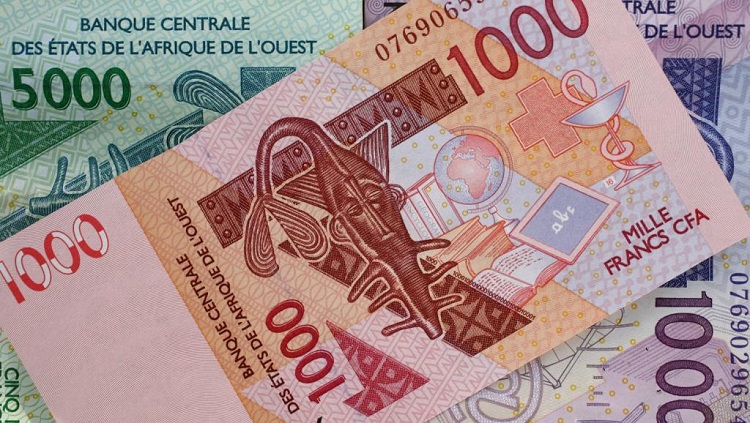The Diplomat
More than half of the companies in the culture sector in Ibero-America have registered losses of up to 80% due to the COVID-19 pandemic, according to a joint study conducted by the OEI, Mercosur, Unesco, IDB and SEGIB.
According to the report Evaluation of the impact of COVID-19 on cultural and creative industries, jointly prepared by Mercosur, Unesco, the Inter-American Development Bank (IDB), the Ibero-American General Secretariat (SEGIB) and the Organization of Ibero-American States for Education, Science and Culture (OEI), the creation of economic value by the sector registered a 13.75% drop in the second half of 2020 compared to the same period of the previous year.
In addition, more than half of the companies in the sector have recorded a drop in sales of 80% and 64% of freelancers have seen their income fall by more than 80%. The creative and cultural industries represent between 2 and 4% of GDP in the region’s economy and more than 2.6 million jobs have been compromised by the measures taken by countries to curb the health crisis and the resulting economic crisis, which adds to the high percentages of informal workers and the high levels of social unprotection that exist throughout the region since before the arrival of the pandemic.
The joint study was conducted since June 2020 and was executed in three phases: first, a study of the macroeconomic impact on the sector was carried out based on quantitative and qualitative information provided and validated by the participating countries (Argentina, Brazil, Chile, Colombia, Costa Rica, Ecuador, Mexico, Peru, Paraguay and Uruguay); in parallel, a survey was conducted on the perception of the impact on workers and companies and, finally, a workshop was held with representatives of the countries of the region in order to generate measurement indicators on culture that could be homologated at the SICSUR (Southern Cultural Information System) level of Mercosur Cultural.
The survey, conducted among more than 6,500 cultural workers and entrepreneurs in the countries of the region, showed that the sectors most affected were cultural and entertainment activities, crafts and the arts. In turn, the workers who have been most affected by the reduction in their incomes have been informal workers, with basic or technical education, with pre-COVID incomes of less than US$250 per month and who have not been able to adapt their work to the remote modality.
The report points out that practically all branches of the creative and cultural industries have shown negative data in the second quarter of 2020 and that, in June, the cancellation of activities had reached at least 83% of cultural spaces. Moreover, in terms of economic value added in the second quarter of 2020, the impact of the pandemic has been particularly severe for the heritage sector, which has declined by 75%. The performing arts sector has contracted by 44%, artistic training has fallen by 25% and music has lost 23%.







